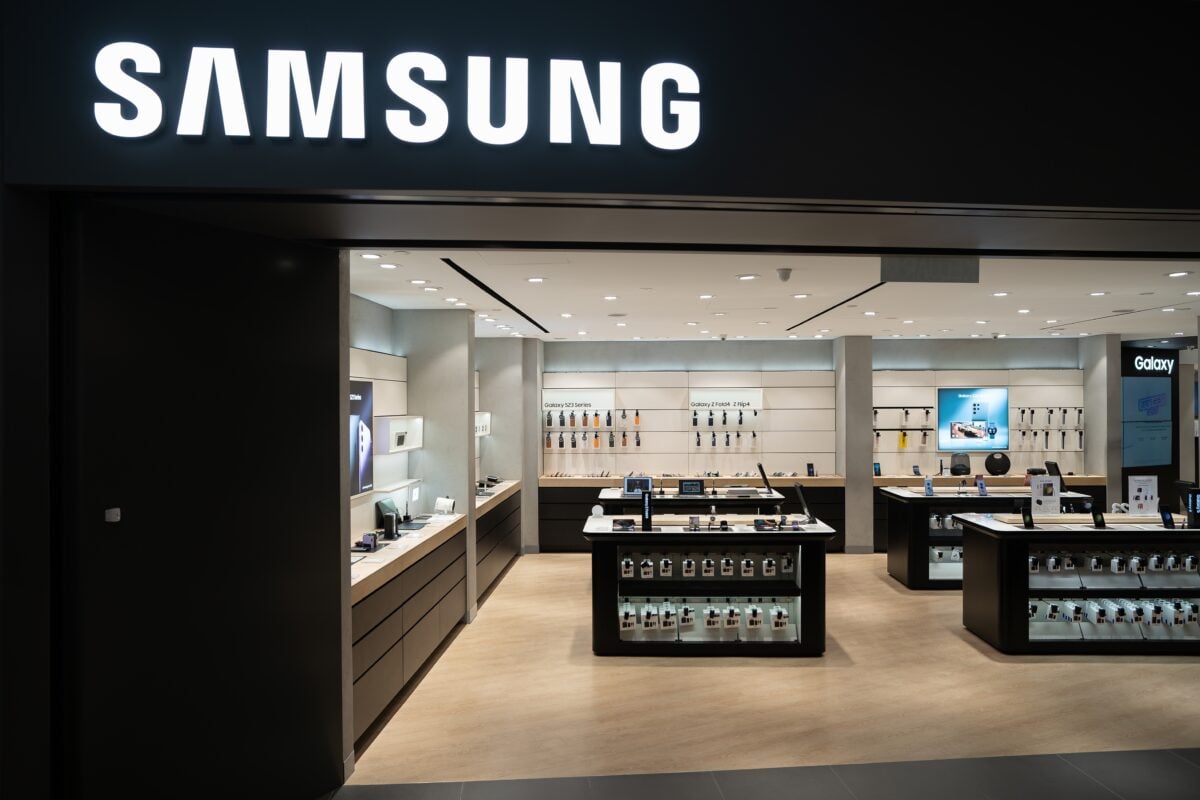TLDRs:
- Samsung ramps up India hiring to accelerate AI chip design and R&D across semiconductor divisions.
- Bengaluru-based SSIR leads core AI, memory, and system-on-chip development for Samsung globally.
- Samsung expects record Q3 profits driven by AI memory chip demand and server investments.
- Government initiatives and global investments are fueling India’s growing semiconductor ecosystem.
Samsung Electronics is making a strategic push in India, intensifying its hiring to support AI chip design and broader semiconductor research.
The move targets engineers for the company’s Bengaluru-based Samsung Semiconductor India Research (SSIR), one of Samsung’s principal global semiconductor hubs.
Open positions span critical areas such as system LSI, memory, and foundry, highlighting the company’s intent to strengthen its AI, firmware, and chip optimization capabilities. SSIR, which has become central to Samsung’s semiconductor strategy, now has the mandate to accelerate AI computation technologies and support next-generation memory development.
Leadership Bolsters Indian Operations
Rajesh Krishnan, a seasoned memory sector veteran, was recently appointed head of SSIR. Krishnan’s leadership signals Samsung’s long-term commitment to India as a strategic research and development hub.
Analysts say this aligns with the global trend of semiconductor companies investing in AI and memory-focused R&D in emerging markets.
Industry experts note that SSIR’s expanded focus is not just about talent acquisition, it reflects Samsung’s broader strategy to position India as a major contributor to the company’s global AI chip roadmap.
AI Drives Record Profit Expectations
Samsung’s semiconductor momentum is visible in its financial outlook. The company is projected to post its highest third-quarter profit since 2022, with analysts expecting an operating profit of roughly 10.1 trillion won (US$7.1 billion) for July through September, a 10% increase year-on-year.
Profit growth is largely fueled by surging conventional memory chip prices as server customers rebuild inventories, but demand for AI-driven High Bandwidth Memory (HBM) chips is an accelerating factor.
Samsung’s partnerships with Tesla and OpenAI further underscore its ambitions in the AI space. However, delays in supplying its HBM3E chips to Nvidia have limited near-term gains, demonstrating the high stakes in global AI memory competition.
India’s Semiconductor Ecosystem Strengthens
Samsung’s expansion coincides with India’s rapidly evolving semiconductor sector, which has attracted investments from global giants such as Micron Technology.
Government initiatives supporting local manufacturing and R&D have also played a key role in making India a strategic location for advanced semiconductor work.
With talent pools in Bengaluru and other tech hubs growing steadily, companies like Samsung are positioning themselves to leverage local expertise in AI chip design, system-on-chip development, and memory innovation. Analysts see this trend as a long-term boost not only for Samsung but for India’s overall technology ecosystem.
Looking Ahead
As AI adoption accelerates globally, Samsung’s strategy in India highlights a dual approach: securing local talent to drive innovation while capitalizing on rising AI and memory chip demand. With leadership appointments, ambitious hiring, and strategic partnerships, the company appears ready to maintain its competitive edge in the AI semiconductor race.







